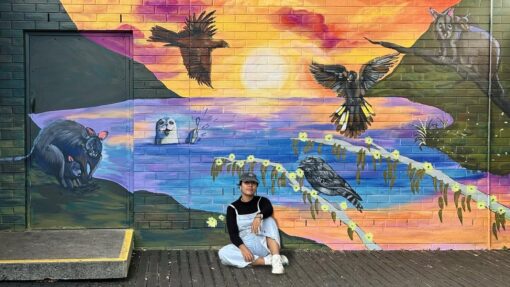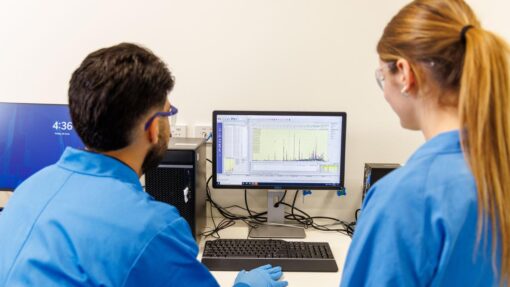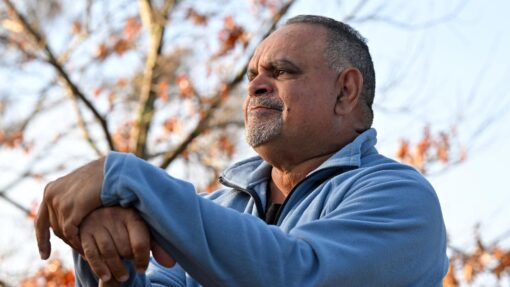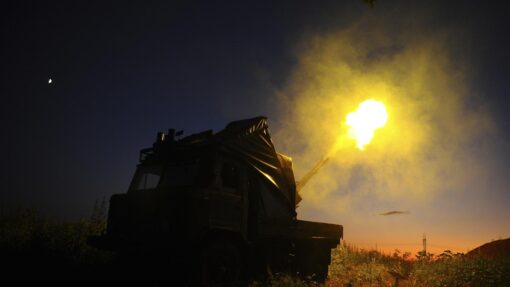Hub to help Indigenous communities own their history
Keira Jenkins |

Researchers are examining how Indigenous history and cultural heritage can be collected and stored to help Aboriginal and Torres Strait Islander communities achieve digital and archival sovereignty.
Kirsten Thorpe, a Worimi woman, leads the University of Technology Sydney’s Indigenous Archives and Stewardship Hub.
The hub, which is part of the university’s Jumbunna Institute, aims to reshape traditional archival models, using Indigenous protocols, recognising Aboriginal and Torres Strait Islander people’s intellectual and cultural property rights within spaces like galleries, libraries, archives and museums.
“Our hub is looking at how we think about memory-keeping, evidence, Indigenous data sovereignty, in a way that communities can maintain and have stewardship over their cultural heritage material,” Dr Thorpe told AAP.
“Our research is about how the rights and management of that material is returned to communities too.”
Lauren Booker, a Garigal woman, and research fellow on the Indigenous archives and data stewardship team, said the work of the hub showed archives didn’t tell the full story.
She said archives were “complex places”, with potential to be healing, connecting and revitalising for communities, but also holding trauma for many.
“We have this shared focus on the importance of archives and truth-telling… but also the importance of archival sovereignty, which is that ability to control the management of records pertaining to yourself, your community, your Country,” Dr Booker said.
“It’s vital that people are able to have that self-determination over their own records, their own histories.”
Through a partnership called The Mukurtu Project Dr Thorpe said her team had been making “nourishing connections” with institutions on a global scale.
The project has resulted in an Indigenous Content Management System, called Mukurtu, which is an open-sourced platform aimed at informing digital cultural heritage best practices.
“People recording elders, or people recording language …what does it mean to do the things like backup the files and name them correctly and take care of them in a digital context,” Dr Thorpe said.
“We’re thinking about what does this stuff look like in 20 or 50 years… you need to look after it now in order to have it in the future.”
Dr Booker said the Mukurtu Project also provided an opportunity to challenge traditional archival models.
“There’s an opportunity to push back on the prescriptive ideas such as metadata- this idea of what is important to document about the records you take and the stories you tell, and ideas around privacy and access,” she said.
The work of the Indigenous Archives and Stewardship Hub is supported by the Clegg Foundation.
AAP


